Microsoft is killing a VBS-related feature on older versions of Windows 11 as well as Server, and that could make them less secure than 24H2 and Server 2025.
Virtualization-based security RSS
AMD's Ryzen 9950X3D and 9800X3D were tested on Windows 10 and they handily beat Windows 11 on Microsoft's recommended settings.
AMD has finally fixed a VBS-related bug on Windows 10. This problem has been around since 2023. However, it is not related to the known performance issues.
Despite the performance boost and optimizations, you can still be hit by VBS / HVCI even on the latest Windows 11 versions.
Microsoft has published a detailed guidance post on how to deal with a recently uncovered security vulnerability that can downgrade almost all modern Windows 11/10/Server PCs with VBS.
Microsoft has published details and system requirements for a new Windows 11 security feature called VBS Enclaves which is meant to make third-party apps more secure on Windows 11 and Sever 2025.
Following a guide about Windows passkeys on how to enable, save and manage them, the company has now published a guide on how to enable Enhanced Sign-in Security for protecting biometrics.
Microsoft recently announced an interesting WIndows 11 24H2 feature that's both cool and controversial. Called Recall it is currently only officially supported on Qualcomm Snapdragon X.
Microsoft has issued a workaround for a bug that is triggering BSODs on startup fails on Windows Server 2022 virtual machines on VMware ESXi. It notes that EPYC systems with IOMMU, VBS are affected.
Microsoft has released a useful tool for users so that they can check for compatibility issues with memory integrity or HVCI (hypervisor-protected code integrity), a key security feature in Windows.
Microsoft may have quietly fixed the Local Security Authority (LSA) is off issue with a recent update to Defender. The company is also pushing out new kernel-mode hardware stack protection.
Microsoft is seemingly enabling VBS on Windows 10 as well, something which was limited to Windows 11 only previously. This could lead to potential performance loss as latest testing indicates.
VBS or Core Isolation feature on Windows 11 is seemingly causing multiple problems on various tweaking tools like MSI's Afterburner and Intel's Extreme Tuning Utility (XTU), among others.
The Windows 11 22H2 (Sun Valley 2) RTM build 22621 has resurrected an old bug whereupon a system gets a "hardware security not supported" message even on PCs that meet the necessary requirements.
MSI has begun rolling out a new AMD chipset driver version 3.10.22.706. The new driver, among many other things, fixes a hardware DRIPS issue related to Virtualization-based Security (VBS).
Windows 11 requirements can be checked using the PC Health Check app that Microsoft released. However, it seems the app is misidentifying a hyper-threaded Pentium 4 as a CPU officially supported.
After explaining why features like TPM 2.0, VBS, Secure Boot, among other things, are so important for user security on Windows 11, Microsoft also demoed mock hacker attacks on such vulnerable PCs.
Microsoft's David Weston has explained why some of the security-related features in Windows 11, like Virtualization-based Security, TPM 2.0, and more, are so crucial for the OS for now and beyond.
According to a report from 3DMark creator UL Benchmarks, Microsoft's VBS feature can incur a noticeable performance hit on Windows 11 PCs. Testing shows varying results between Beta and Dev builds.
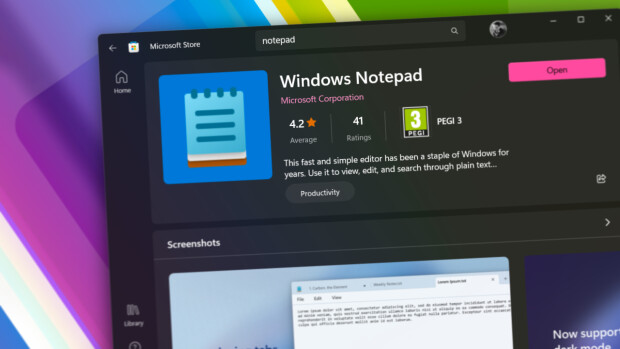
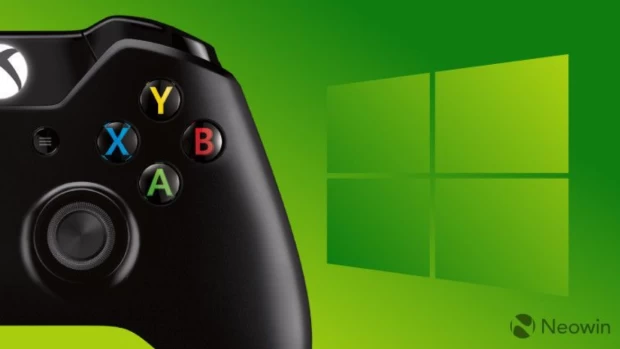
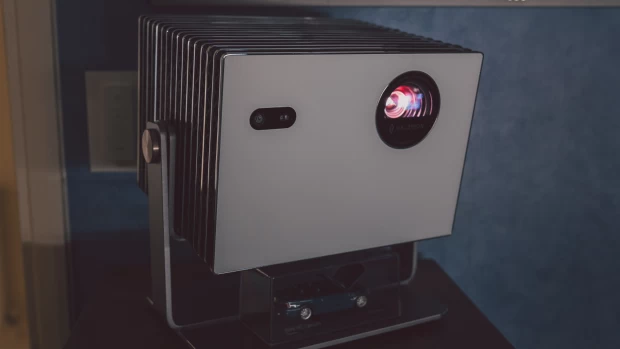
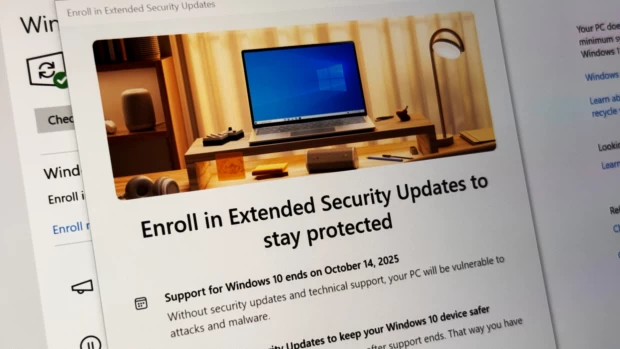
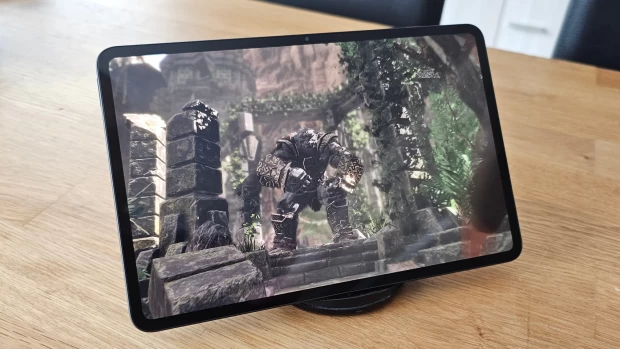
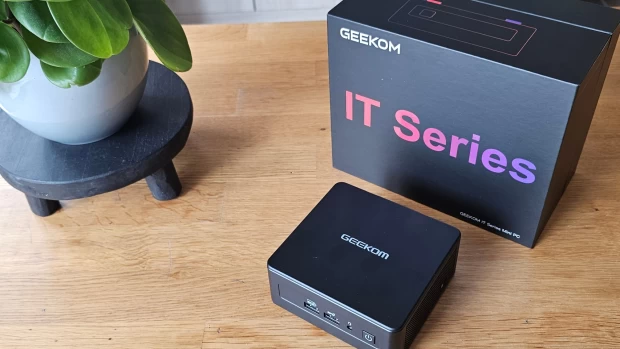






_ryzen_medium.jpg)








_medium.jpg)
















